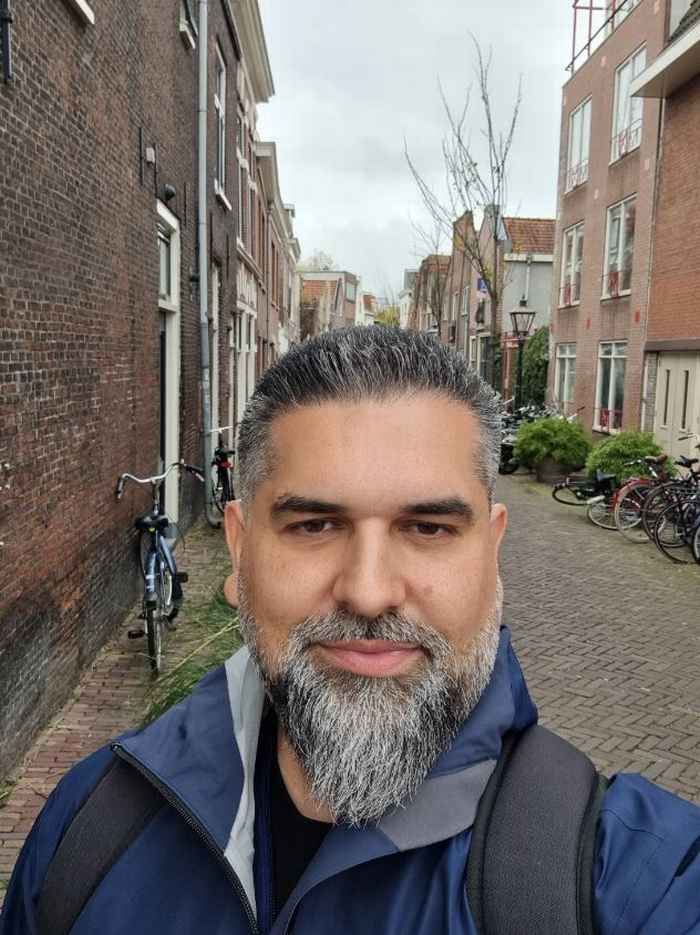Data Science Seminar: Machine learning methodology in medical diagnostics
- Date
- 19 February 2024
- Time
- 16:00 -17:00
- Location
- Hayozaal J1B-223, Amsterdam UMC
About the seminar presentation
A new explainable machine learning methodology on feature selection: Application on the diagnosis of acute myeloid leukaemia
Acute myeloid leukaemia (AML) is often characterised by non-detectable early symptoms and its quick diagnosis could have a huge impact. Athanasios will walk us through his project in a recently published study, which proposes a new methodology on feature selection using explainable artificial intelligence in omics biomedical research and the creation of machine learning models that could potentially be used as diagnostic tests for AML. Moreover, Athanasios will discuss the importance of feature selection in the biomedical field and in data science more broadly, and the advances of the new methodology.
Registration
Everyone from all disciplines is welcome to attend! The presentation will take place in-person only, and there will be an opportunity to ask questions and engage in lively discussion on the day.

About the speaker
Athanasios Angelakis is a Data Scientist and Assistant Professor at the Amsterdam UMC with a PhD in computational-algebraic number theory from Leiden University and Bordeaux University.
He has been working in the artificial intelligence and its applications in the biomedical domain since 2016. Dr. Athanasios Angelakis has been a consultant to Massachusetts General Hospital/Harvard Medical School and to Huawei Amsterdam Research Center (among others) working on tabular or image (video) datasets. His area of expertise varies from data centric approaches in computer vision to feature selection on omics datasets; he is also working on the enhancement of conventional diagnostic and prognostic tests using state of the art data science techniques. Lately his interest has been focused on a new data augmentation technique using group theory and on synthetic and fully homomorphic encryption of cohort datasets.